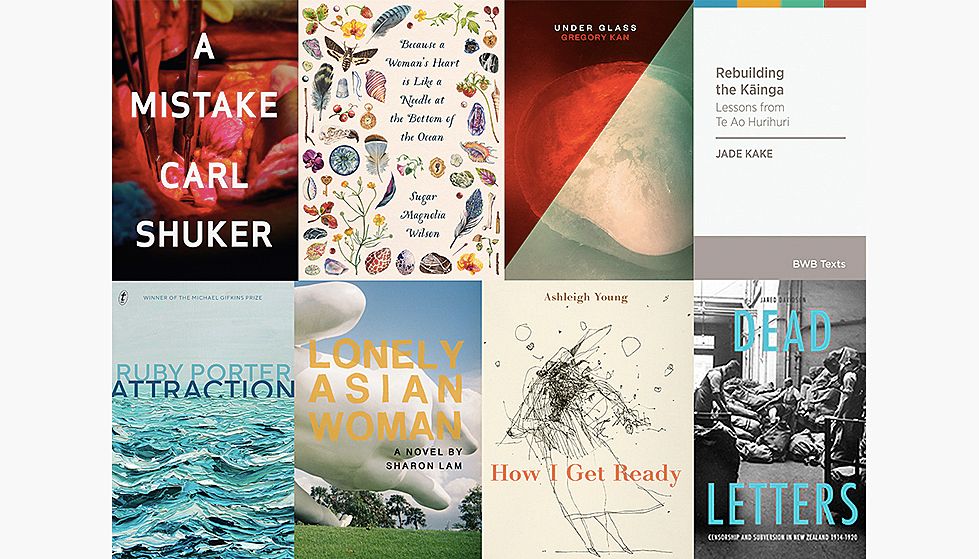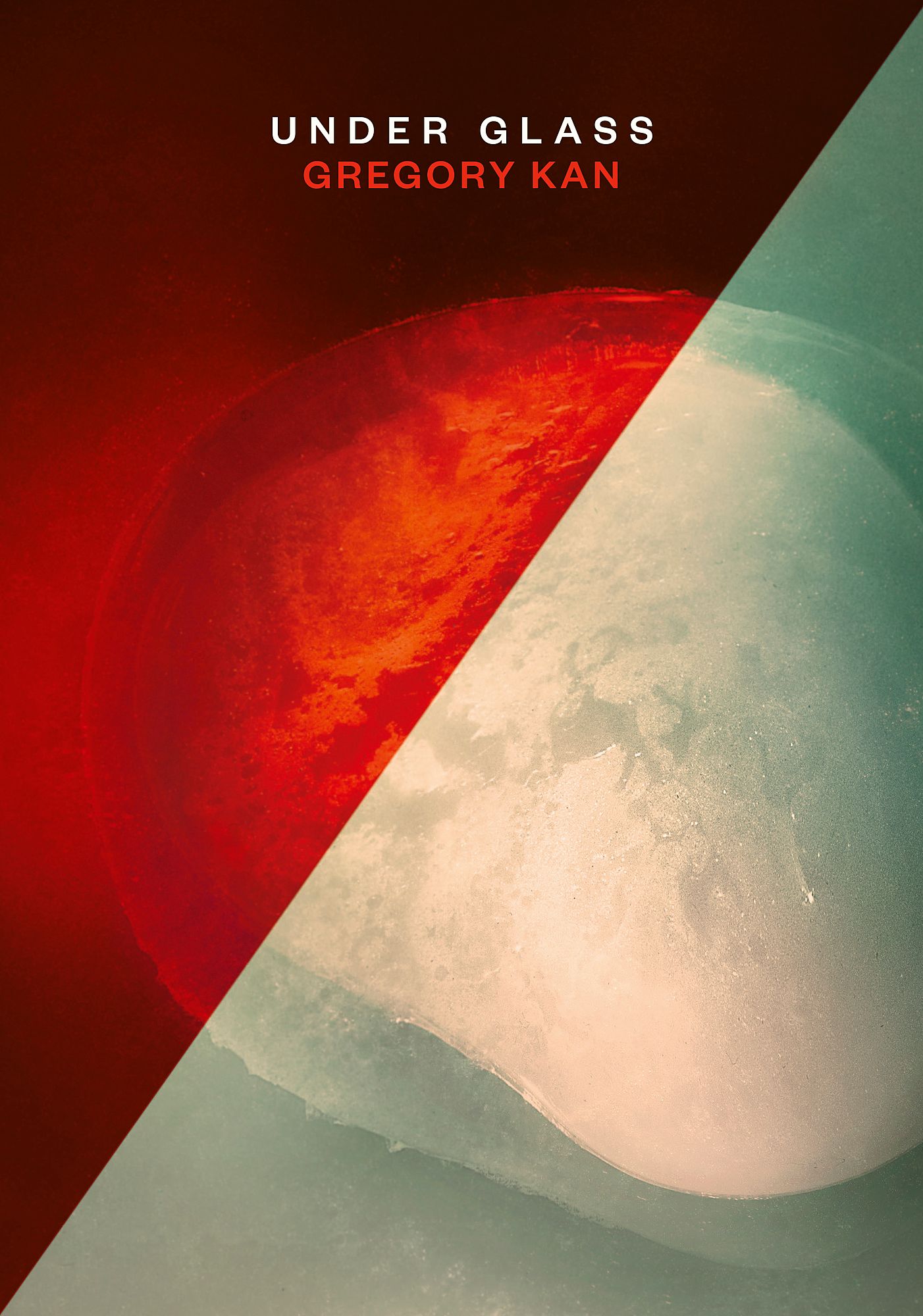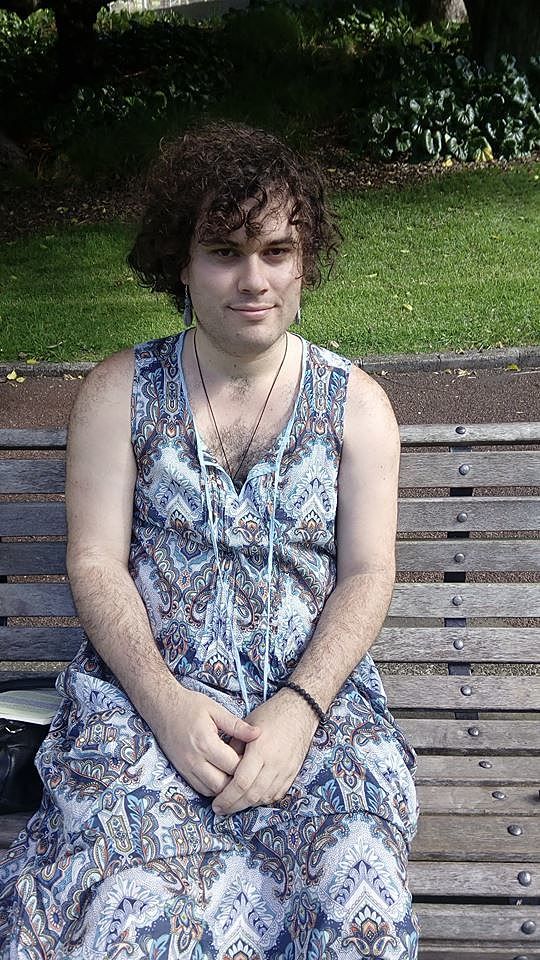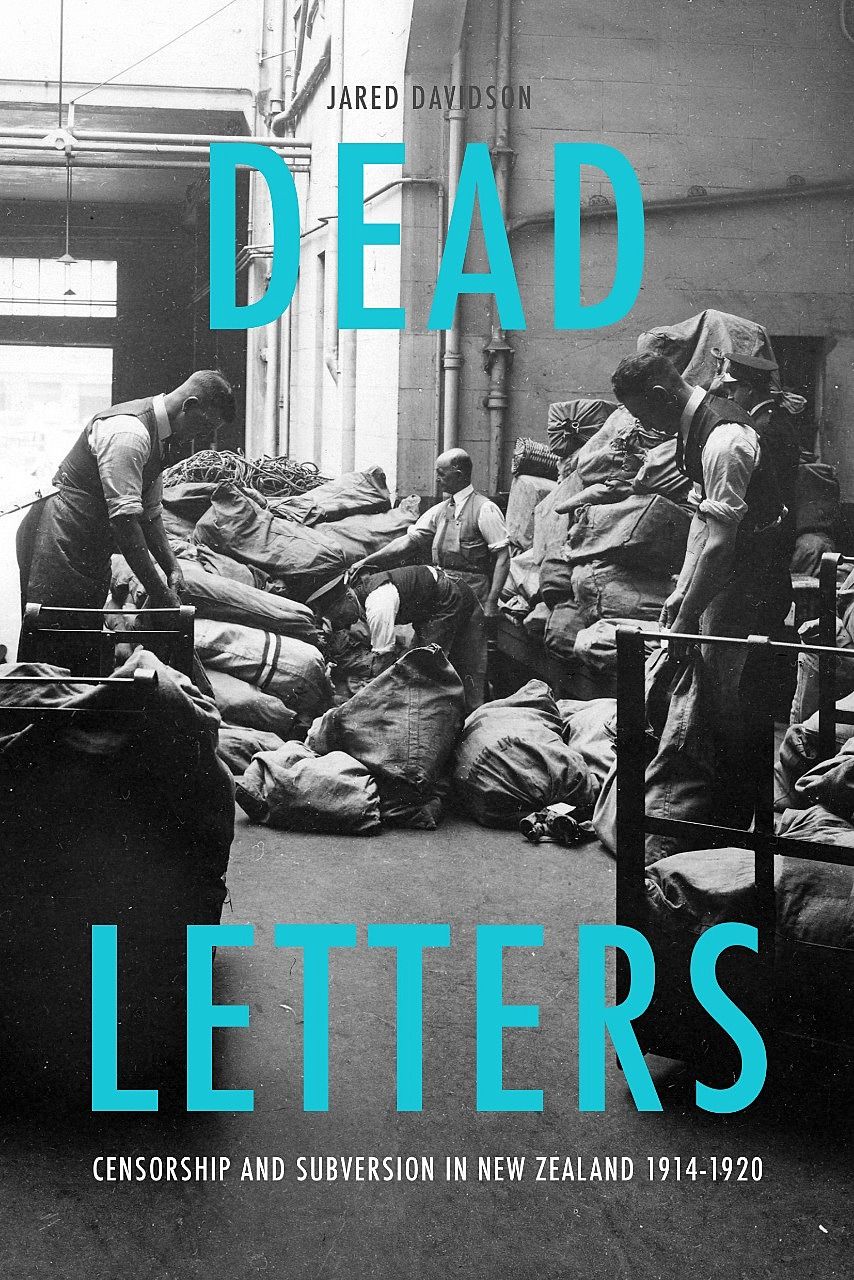Books to Look Out for in 2019
Forthcoming New Zealand poetry, fiction and non-fiction we’re excited about in 2019
Literature editor Hannah Newport-Watson does a reccie of new books appearing on the horizon this year in Aotearoa. Here’s a selection of forthcoming poetry, fiction and non-fiction we’re excited about.
Poetry
Under Glass by Gregory Kan (Auckland University Press, March 2019)
Gregory Kan’s first collection of poetry, This Paper Boat (2016), was restrained and quietly haunting. I loved the clarity and precision of the language. The poems about the poet’s parents, in particular, seemed to emanate a kind of tacit love and care that really moved me. The book was structured around a well-chosen device: the places and moments from the life of Iris Wilkinson (better known by her pen name, Robyn Hyde) acted like a filter, dappling the sunlight of the personal subject matter into something softer and more lovely.
Kan’s new collection, Under Glass, promises to be a little more abstract. Described in the blurb as “a dialogue between a series of prose poems, following a protagonist through a mysterious and threatening landscape, and a series of verse poems, driven by the speaker’s compulsive hunger to make sense of things,” it is a collection that may not offer many narrative footholds. But for the language alone, I am looking forward to going under.
Because a Woman’s Heart is Like a Needle at the Bottom of the Ocean by Sugar Magnolia Wilson (Auckland University Press, March 2019)
Coming out at the same time as Kan’s Under Glass is the debut full-length collection by Wellington-based poet Sugar Magnolia Wilson. Wilson has been widely published in Aotearoa journals (including Sport and Cordite Poetry Review), and in 2014, Cats and Spaghetti Press published her 15-part sequence ‘Pen Pal’ as marvellous foldout chapbook. She also co-edits Sweet Mammalian with Hannah Mettner and Morgan Bach.
Because a Woman’s Heart is Like a Needle at the Bottom of the Ocean will contain the full series of Wilson’s brilliant epistolary prose poems ‘Dear Sister’. The title poem in the book is an enigmatic and discomforting prose poem that demands multiple re-readings. Wilson’s poems are sometimes spiky, sometimes funny, often feminist. I really like the way she plays with different voices and narrative.
How I Get Ready by Ashleigh Young (Victoria University Press, May 2019)
As Hera Lindsay Bird once wrote, Ashleigh Young is a literary triathlete: a poet, essayist and blogger. That doesn’t even cover it, actually: she’s also the editor for much of VUP’s finest fiction and poetry… but I digress. It was through Young’s blog that I first encountered her comically self-effacing writing about cycling, pets and the terror of public speaking. What is astonishing about Young is that she can (and does) turn her attention to virtually anything – from arm hair to a concrete gannet named Nigel – and reveals its unique capacity for fascination.
In her essay collection Can You Tolerate This? (2016), the lifelong pursuit to understand and be understood by those we care about is a recurring theme, but she documents personal preoccupations and passing phenomena with equal brilliance. She also thinks and writes about writing itself in a way that is eternally, almost implausibly humble and humbling.
Young’s first book of poetry, Magnificent Moon (2012), stays in my memory as being quizzical; made up of poems that observe family, friends and strangers with a cocked head, a keen curiosity and sensitivity. ‘Afternoon with Simon’ was a favourite. The speaker of these poems, if present at all, was revealed indirectly and in glances.
The new collection How I Get Ready, on the other hand, promises to dedicate more space to self-examination. The sample I read suggests the collection will take more risks, both personally and poetically, and be more comfortable with ambiguity. From a writer as generous and as surprising as Young, this is something to look forward to very much.
Ransack by essa may ranapiri (Victoria University Press, July 2019)
essa may ranapiri may have been the only person performing in not one, not two, but three sessions of LitCrawl 2018. How that is even possible, I don’t know, but it’s true, and standing in the audience at Aotearotica, I was struck by the beauty of ranapiri’s poems. A softly spoken and slightly shy reading style belies a powerful poetic voice.
Holly Hunter has described ranapiri’s poetry better than I can: “I never feel comfortable reading it. There is an estrangement to it and at the same time it is so human and there are bodies and sensory things and it feels really physically intense, so it’s kind of a strange contrast between those two things. It feels like you’re being pushed away somehow, whether that’s in punctuation or in line breaks or in unusual formations, but it’s also deeply personal.”
In an interview with Jackson Nieuwland, ranapiri described the way that having a non-binary gender identity has shaped their writing: “I think it’s pushed me towards experimentation. To draw lines through expectations and refuse established meaning. It pushed me to write weirder; to create work that has a fraught relationship to clear meaning feels the best way to represent myself. A lot of this is in stream of consciousness, fragmentation, and playing with space on the page and, more recently, work that talks to itself as it is being written.” (You can read the rest of the interview in Fourth Floor here.)
Ransack is ranapiri’s first full-length collection and it explores a wide range of poetic forms. It includes some exquisite epistolary prose poems titled ‘Dear Orlando’ and an eight-page imagistic poem about the conception and gestation of a foetus. Ransack promises to cover new poetic ground on gender and self, and I can’t wait to read it in full. In the meantime, they have a new collaborative poem (written with Rebecca Hawkes) in the latest issue of Starling.
Fiction
Lonely Asian Woman by Sharon Lam (Lawrence & Gibson, March 2019)
Sharon Lam is funny. Not so much choke-on-your-milkshake-until-it-comes-out-your-nose funny (disclaimer: I can’t guarantee that won’t happen), but more of a wry, off-kilter humour that will make you snort in quiet delight. At the New Zealand Festival event A Flock of Starlings in March last year, she read a handful of short poems including ‘Everyone At The Pool Looked Like Ewan McGregor’, which I loved for its Dr Seuss-esque absurdity and rhythm.
Lam’s debut novel, Lonely Asian Woman, centres on a character called Paula, described in the blurb as “a lazy young woman who is stuck in a rut”. (The blurb also describes the book as a Bildungsroman. I looked that up: turns out it’s a fancy word for a coming-of-age novel – who knew!) There’s a hint of personal nihilism akin to My Year of Rest and Relaxation, and the book also shares a little of Moshfegh’s base candour: in the opening scene, Paula contemplates how the odour of her vag might be associated with the odour of her microwave.
But it’s not all about Paula and her navel. The extracts I read revealed it to be as much about interaction as it is about inner life. Paula is accompanied in the book by her ‘crush’, as well as several friends and not-friends, and the dynamics between characters are acutely observed. Lonely Asian Woman also offers a love–hate portrait of contemporary Wellington, complete with cultural claustrophobia and casual racism. You can read an extract from Lonely Asian Woman in the latest issue of Starling, or listen to Lynda Chanwai Earl read some on RNZ.
A Mistake by Carl Shuker (Victoria University Press, March 2019)
You can expect something singular from Carl Shuker’s new novel, A Mistake: he never writes the same book twice. Set in Tokyo, Dunedin and Beruit respectively, his previous books are about as different in setting and content as it’s possible for three novels to be. But they do share certain stylistic qualities; an unrelentingness, a penchant for exploring immoral human behaviour, and prose that sometimes unravels in reverie-like passages, which can be either gruelling or exhilarating.
Shuker is unafraid to put unlikeable, even despicable characters at the centre of a novel with little in the way of a moral anchor or tempering influence other than the reader herself. Shuker is also clever – he can perhaps even be described as a ‘writer’s writer’. His novels are often polarising. The Lazy Boys (2006) remains under-appreciated; I consider it one of the most important novels published in Aotearoa, just as topical now as ever in its portrayal of sexual violence and destructive, hyper-masculine behaviour within student culture and rugby culture.
In A Mistake, Shuker turns his attention to the theme of human error and how actions can echo and distort in memory and consequence. It’s set in the high-pressure world of a surgeon in a public hospital – Wellington Hospital, in fact. Like his earlier books, A Mistake is deliberately literary; there are moments when it feels as though Shuker was unwilling to compromise an experiment for the sake of a seamless reading experience. Short passages about the US space shuttle Challenger interspersed throughout do serve an obvious thematic purpose – like a human body, a NASA-engineered space shuttle is too complex for reliable predictions in all conditions – but they also disrupt the pace of the main narrative. Despite this, the book is absorbing and difficult to put down. It might leave you with a few unanswered questions – not least of which: can surgeons really listen to heavy metal while operating?
Attraction by Ruby Porter (Text Publishing, May 2019)
Auckland-based writer Ruby Porter was the winner of the 2017 Wallace Foundation Short Fiction Award (you can read her winning short story here) and in 2018 she won the inaugural Michael Gifkins Prize for an Unpublished Novel for the manuscript of Attraction.
Porter has described Attraction as “a novel in which the past is constantly interrupting the present… In the present, an unnamed protagonist takes a road trip between Auckland, Whāngārā and Levin with her best friend Ashi, and a newer friend Ilana, who she is sleeping with. Jealousies between the friends, a near drowning and a dying grandmother complicate their journey, and the narrator finds herself alone and stranded. In the past of the novel looms a much older ex-boyfriend, family suicides and New Zealand’s own colonial history.”
What can I say – I’m intrigued.
Non-fiction
Dead Letters: Censorship and subversion in New Zealand 1914–1920 by Jared Davidson (Otago University Press, March 2019)
It feels like the World War 1 centenary has been going on forever, doesn’t it? But here are some stories that haven’t yet been told. This new book by Wellington archivist and historian Jared Davidson features the unearthed personal correspondence of New Zealanders who, for various reasons, came under surveillance during wartime.
The people in the book are varied and colourful: “a feisty German-born socialist; a Norwegian watersider; an affectionate Irish nationalist; a love-struck miner; an aspiring Maxim Gorky; a cross-dressing doctor; a nameless rural labourer; an avid letter writer with a hatred of war; and two mystical dairy farmers with a poetic bent.” If you’re interested in New Zealand history, issues of state surveillance and censorship, this looks fascinating.
Rebuilding the Kāinga: Lessons from Te Ao Hurihuri by Jade Kake (BWB Texts, July 2019)
Jade Kake speaks lucidly and with piercing conviction about her vision for the future. In her TedX talk ‘Rebuilding Kāinga’ she issues a wero to other Māori from around the motu: think boldly about what the future post-settlement could look like. Her vision centres on papakāinga – community-led housing on Māori-owned land. This vision, along with its history and context, is the topic for her forthcoming book, Rebuilding the Kāinga. BWB strikes again – consistently publishing the most topical, urgent non-fiction books in Aotearoa.
Listening to Kake talk, I’m struck by her dynamic ability to move from the big picture to the details, posing challenging, probing practical questions, like what should the relationship between iwi rūnanga and whānau or hapū landowners look like? She’s a compelling voice for the relevance of architecture as a tool to contribute to real, positive change for indigenous communities. Plus, she hosts an awesome podcast called Indigenous Urbanism.










